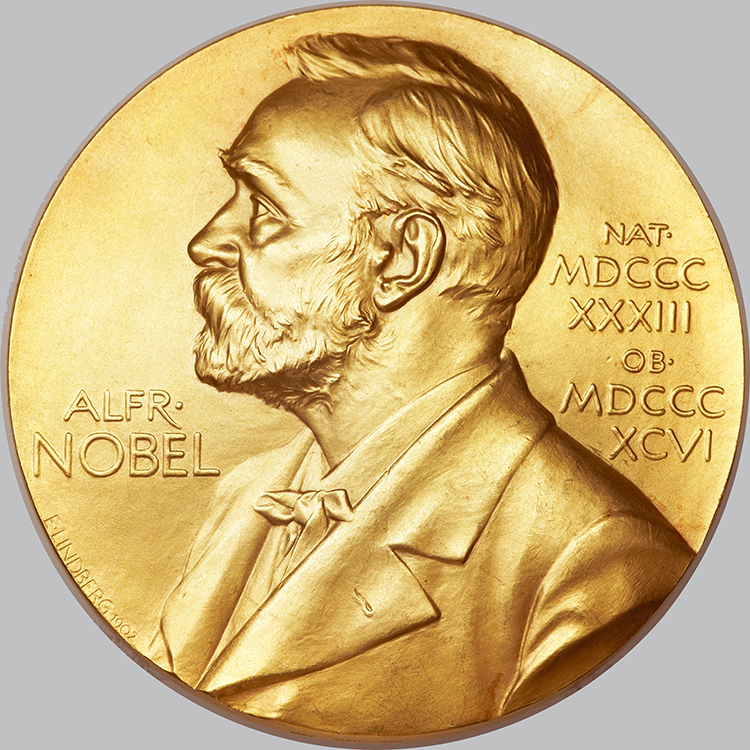Nobel Prizes: Peace and Economics
October 10, 2018
On Friday, October 5, gynecologist Denis Mukwege and human rights activist Nadia Murad were jointly awarded the Nobel Peace Prize for their efforts “to end the use of sexual violence as a weapon of war and armed conflict.” On Monday, October 8, the Nobel Prize for economic sciences went to United States economists William Nordhaus and Paul Romer for integrating technological innovation and climate change with economic growth.
Denis Mukwege has spent much of his life helping the victims of sexual violence in the Democratic Republic of the Congo. Working from the Panzi Hospital in the far-eastern city of Bukavu, Mukwege and his staff have treated thousands of sexual assault victims. Most of the abuses were committed during a civil war that killed millions of people in the late 1990′s and 2000′s. Nadia Murad is a member of the Yazidi minority in northern Iraq. In 2014, Islamic State terrorists attacked Murad’s village, killed hundreds of people, and abducted Murad and other young Yazidi women and held them as sex slaves. Murad was repeatedly raped and abused before she managed to escape. Murad then began raising awareness of the horrors and traumas that she had experienced. Sexual violence in war and armed conflict is a grave violation of international law.
William Nordhaus is an economics professor at Yale University. He created an “integrated assessment model” that shows how economy and climate change together over time. Paul Romer teaches at the New York University Stern School of Business. He has demonstrated how economic forces govern the willingness of firms to produce new ideas and innovations.



